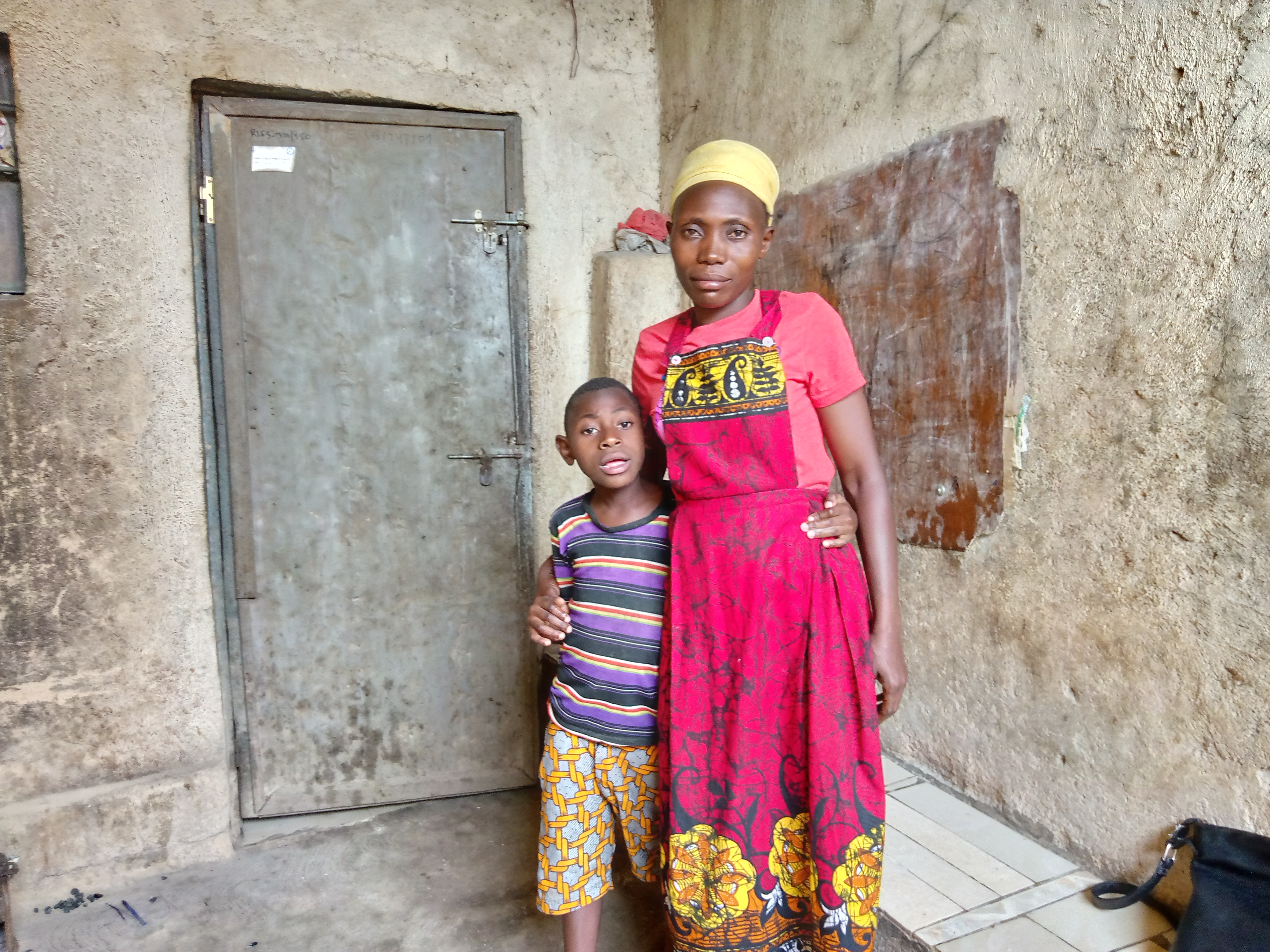
News
‘I Wish to Live a Normal Life’
For Many Rwandan Families, Caring for Their Children’s Needs Becomes a Job All Its Own
April 16, 2023
KIGALI, Rwanda — When Euphrasia Murekatete suffered brain damage as a toddler after contracting meningitis, her mother, Francine Iryivuze, became her full-time caretaker. Now 27, Murekatete never went to school and is mostly non-verbal. “As a jobless single mother, I cannot explain clearly how much it is difficult to raise a daughter with this kind of disability alone,” says Iryivuze. “I am poor [and] sometimes fail to feed her while she takes strong medicine. I face discrimination from my family because one of my own sons rejected us, saying that he will not return home until his sister is dead. … No one wishes to be our neighbor, as she is stubborn, breaks glasses and other materials, and [hurts] other children.”
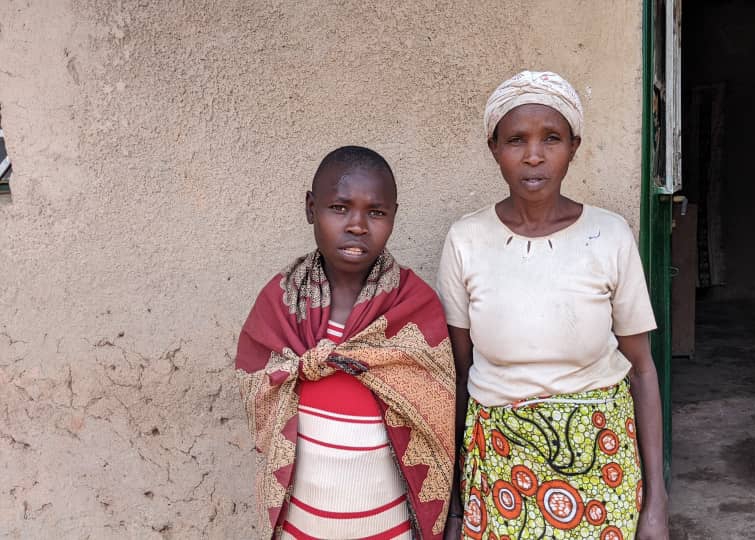
Emmanuel Nsengimana is a project manager in Collectif Tubakunde, an umbrella of 26 organizations created in 2005 to help eradicate discrimination against children and youth with intellectual disabilities. He says that out of the 19,200 Rwandan children with intellectual disabilities today, only 3,702 of them are in daycare centers. This means the responsibility of caring for young Rwandans with intellectual disabilities mainly falls to parents, especially mothers. These economic and social realities are compounded by how Rwandan society generally views people with disabilities and their families.
Nsengimana says parents often face discrimination and stigma in both rural and urban areas. “But in urban areas, when a parent is jobless, the family becomes poor because those children have additional needs, and sometimes paying what s/he has damaged is an issue,” he says. “In rural areas, there is a number of issues because of negative mindset toward those kids with intellectual disabilities. Men are leaving their homes, saying that it’s a shame to the family, and contribute nothing to that child, and it becomes a burden to the mother. Moreover, on a family level, neighbors and other family members say that they are cursed or punished by God or ancestors. … This kind of society mindset leads to trauma and stigma to the parents.”
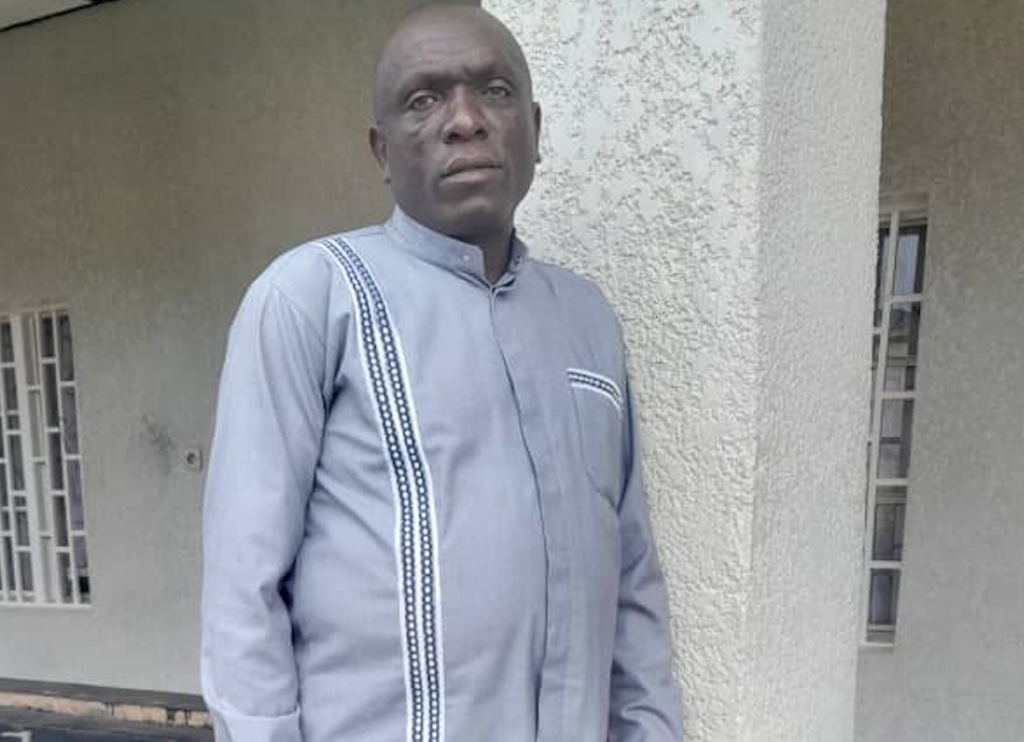
Nsengimana says the stigma can be so intense, parents sometimes hide their children so that no one ever sees them – a violation of their rights. “As an organization looking after these children, we wish the society, with all private and government institutions, should understand intellectual disability and that a person with this type of disability has the same right as any other person,” he says. “Though we started working on it, but we wish these parents to be trained on job creation and child basic needs, specifically in health and education, that they may have opportunities to help their children. Additionally, there is a need of healing services to the parents fighting trauma and for the hope of their children’s future.”
Edouard Niyonteze says when his son, Dominic Hirwa, was diagnosed with an intellectual disability, “some people did not want him near them and sometimes wanted to beat him for nothing, but we tried to convince them that he is a person like others.” Niyonteze says his son has typical dreams for the future, but Niyonteze worries stigma and discrimination will prevent them from coming true: “Sometimes he claims that he wants to get married, as some of his generations are now married. It is terribly sad for sure. As parents, we feel ashamed when he asked that question. He is a man, and it’s his right.”
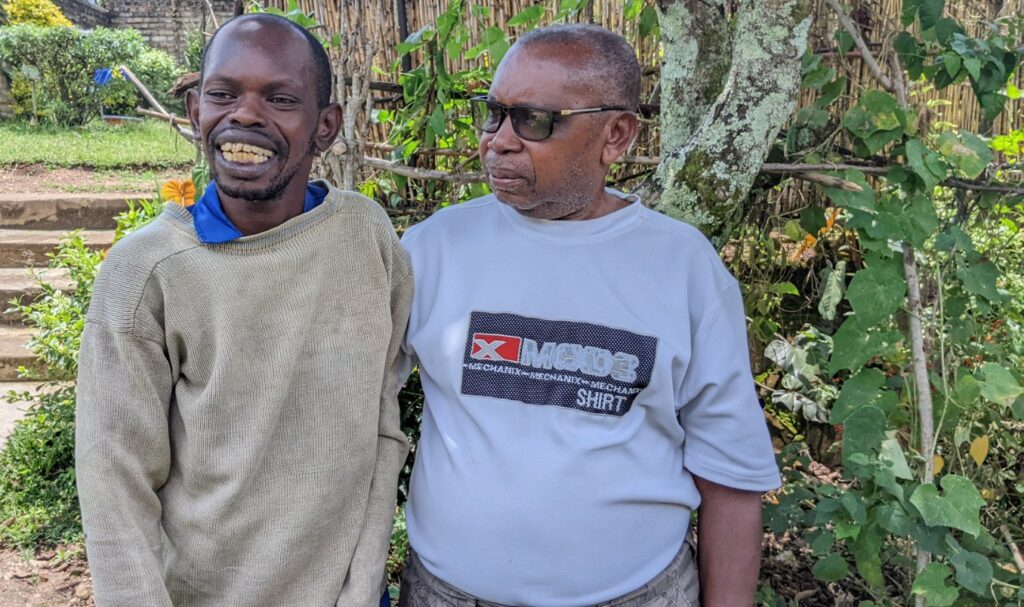
“I become speechless when it is about discrimination faced by parents who have children with intellectual disability,” says Pacifique Uwizeyimana, mother to 8-year-old Samuel Fils Imanigiraneza. “I always have to be by his side because he sometimes lost or hide himself. He never goes to school.”
“Sincerely speaking, I am poor that sometimes we do not eat. His father left us when he was too young, and he bring nothing for him. I cannot raise him and provide everything to him by myself as a single mother who is jobless,” Uwizeyimana continues. “I wish I find someone who may help me to pay his school fees and materials because it is too expensive. I cannot even afford to pay public schools. I also wish the society end discrimination and understand our issues. … Simply, I wish to live a normal life.”
Francine Uwayisaba is a field officer at Rwanda Union of Little People (RULP) and in charge of the organization’s communications. She writes grants, manages RULP’s social media, and composes articles and weekly updates for the website. @2023 DJP. All rights reserved.
News From the Global Frontlines of Disability Justice

Rwanda’s Marburg Crisis
As Rwanda confronts its first-ever Marburg virus outbreak, people with disabilities face heightened risks — not only from the virus but also from the lack of accessible health information. “Without proper accommodations, such as sign language interpreters, captions, Braille, or visual aids, the Deaf and DeafBlind community may miss crucial information about how to protect themselves, symptoms to watch for, or where to seek help in case of infection,” says Joseph Musabyimana, executive director of the Rwanda Organization of Persons with Deaf Blindness.
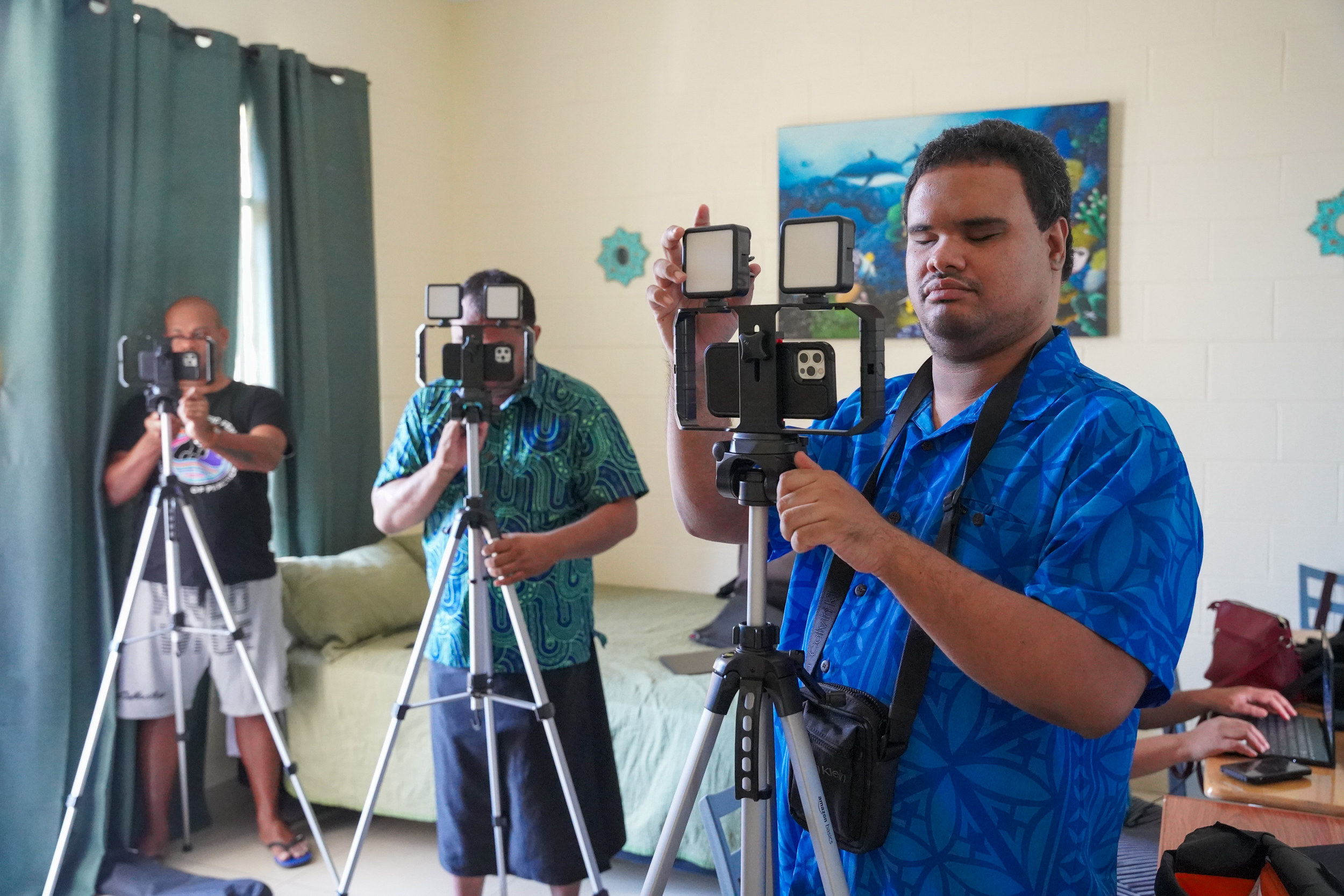
Capturing Vision Through Sound and Touch
Last summer, the DJP trained Indigenous activists with disabilities from the Pacific on the iPhone camera to create a documentary series on disability and climate change. With VoiceOver, the iPhone provides image descriptions for blind and low-vision filmmakers and offers other accessible features. “If you think about it, it doesn’t make sense for a blind person to use a camera,” says DJP filmmaker Ari Hazelman. “The iPhone gives you more avenues to tell your story in a more profound way as a blind person.”
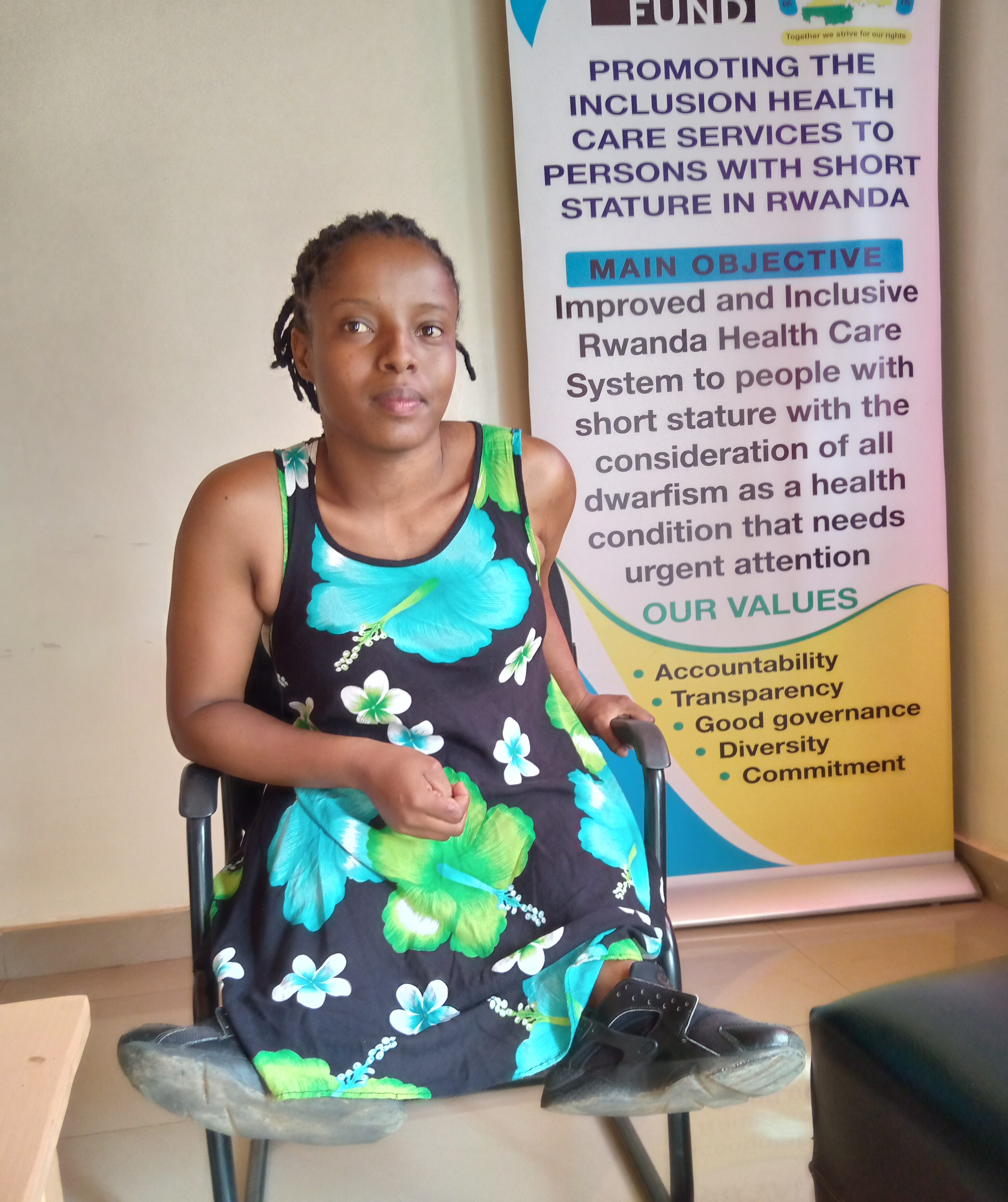
Work for All
The We Can Work program equips young Rwandans with disabilities to navigate barriers to employment through education, vocational training, and soft skills development. By fostering inclusive workplaces and advocating for policy changes, the program aims to reduce poverty and promote economic independence. Participants like Alliance Ukwishaka are optimistic that the program will enable them to achieve their dreams and showcase their potential. The initiative is part of a larger effort to support 30 million disabled youth across seven African countries.
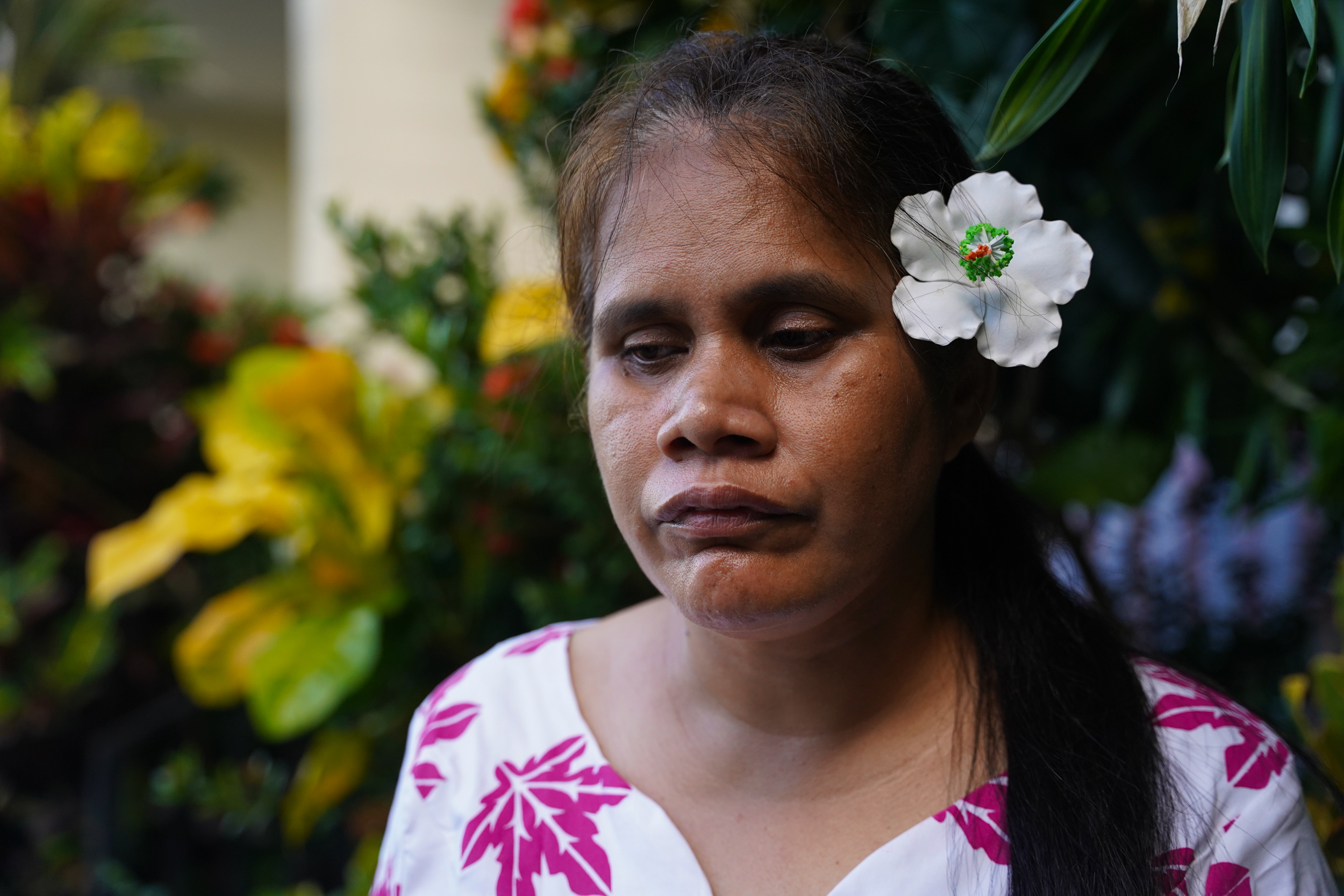
Global Recognition
Faaolo Utumapu-Utailesolo’s film “Dramatic Waves of Change” has been named a finalist in the Focus on Ability International Short Film Festival. The film, completed during a Disability Justice Project workshop in Samoa, highlights the impact of climate change on people with disabilities in Kiribati. Utumapu-Utailesolo, who is blind, used an iPhone with accessibility features to create the film. “Do not leave people with disabilities behind when [you] plan, implement, and monitor programs regarding climate change and disaster,” she says. Her achievement is a testament to the power of inclusive filmmaking.
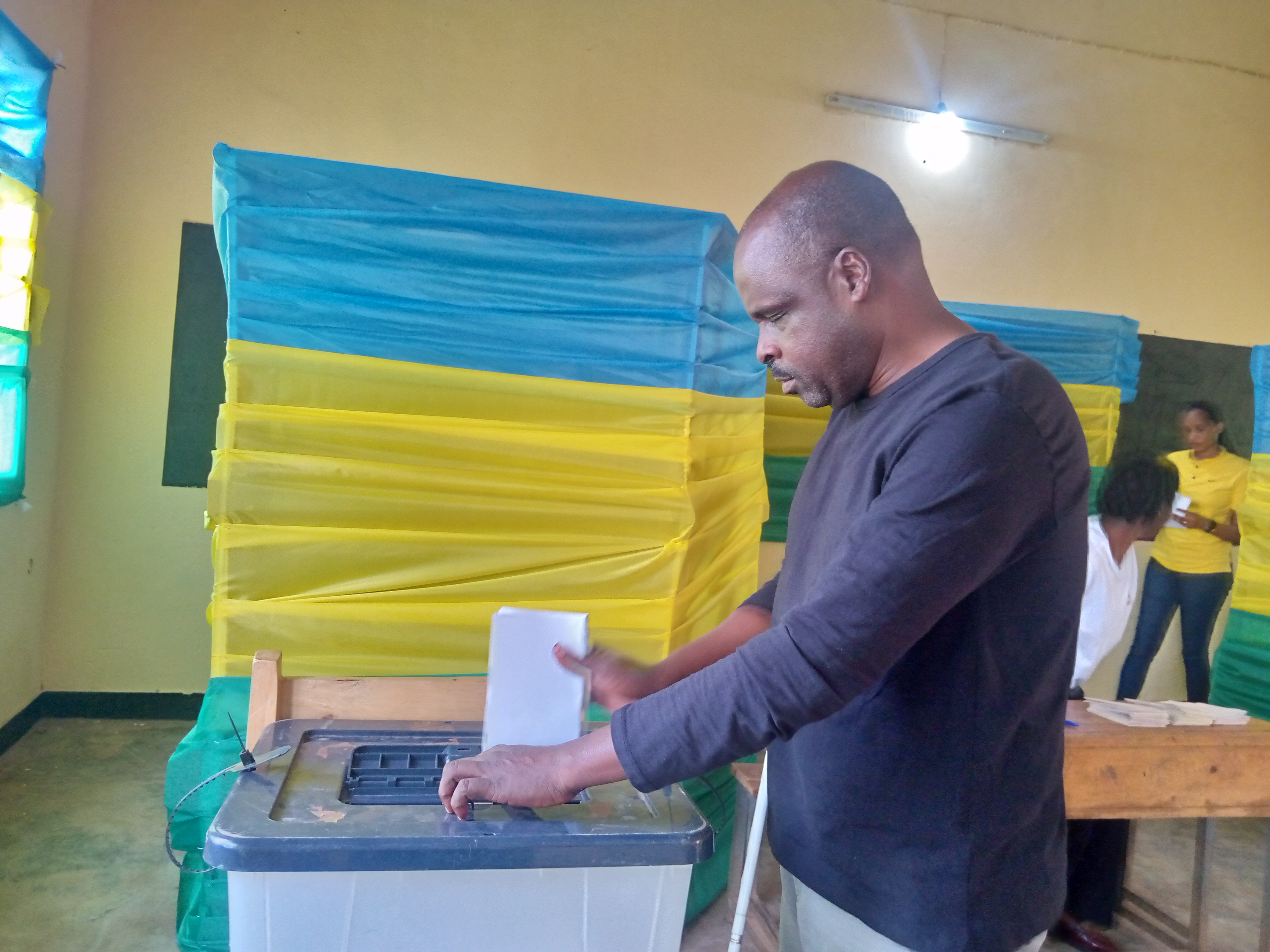
Advancing Democracy
Rwanda has made significant progress in making its elections more accessible, highlighted by the July 15 general elections where notable accommodations were provided. This was a major step forward in disabled Rwandans’ quest for equal rights and participation. “You cannot imagine how happy I am, for I have voted by myself and privately as others do accessibly,” says Jean Marie Vianney Mukeshimana, who used a Braille voting slate for the first time. “Voting is a deeply emotional and meaningful experience for a person with any disability in Rwanda, reflecting a blend of pride, empowerment, and hope.”
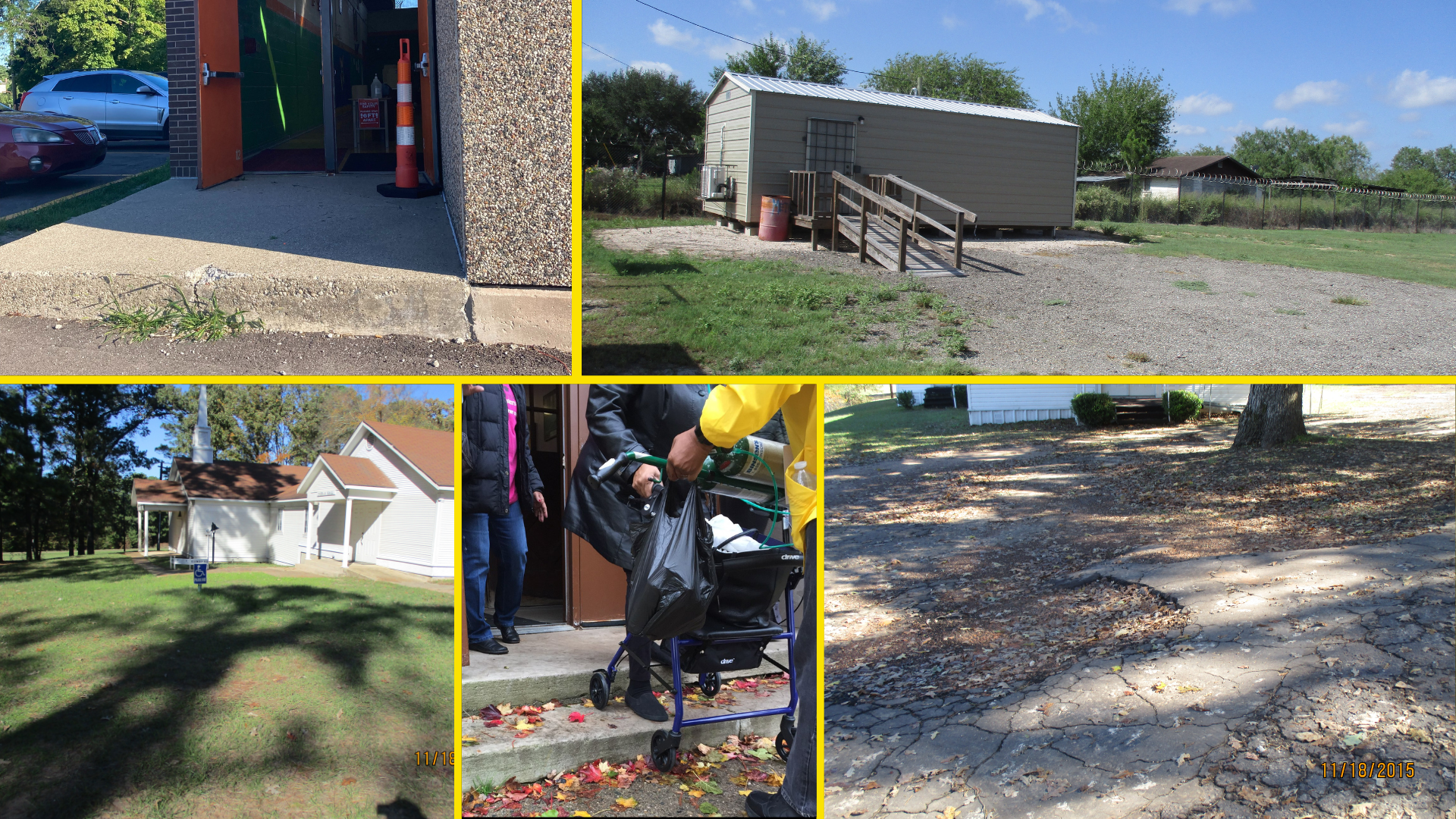
Barriers to the Ballot
Despite legislation like the Americans with Disabilities Act, barriers at the polls still hinder — and often prevent — people with disabilities from voting. New restrictive laws in some states, such as criminalizing assistance with voting, exacerbate these issues. Advocacy groups continue to fight for improved accessibility and increased voter turnout among disabled individuals, emphasizing the need for multiple voting options to accommodate diverse needs. ““Of course, we want to vote,” says Claire Stanley with the American Council of the Blind, “but if you can’t, you can’t.”